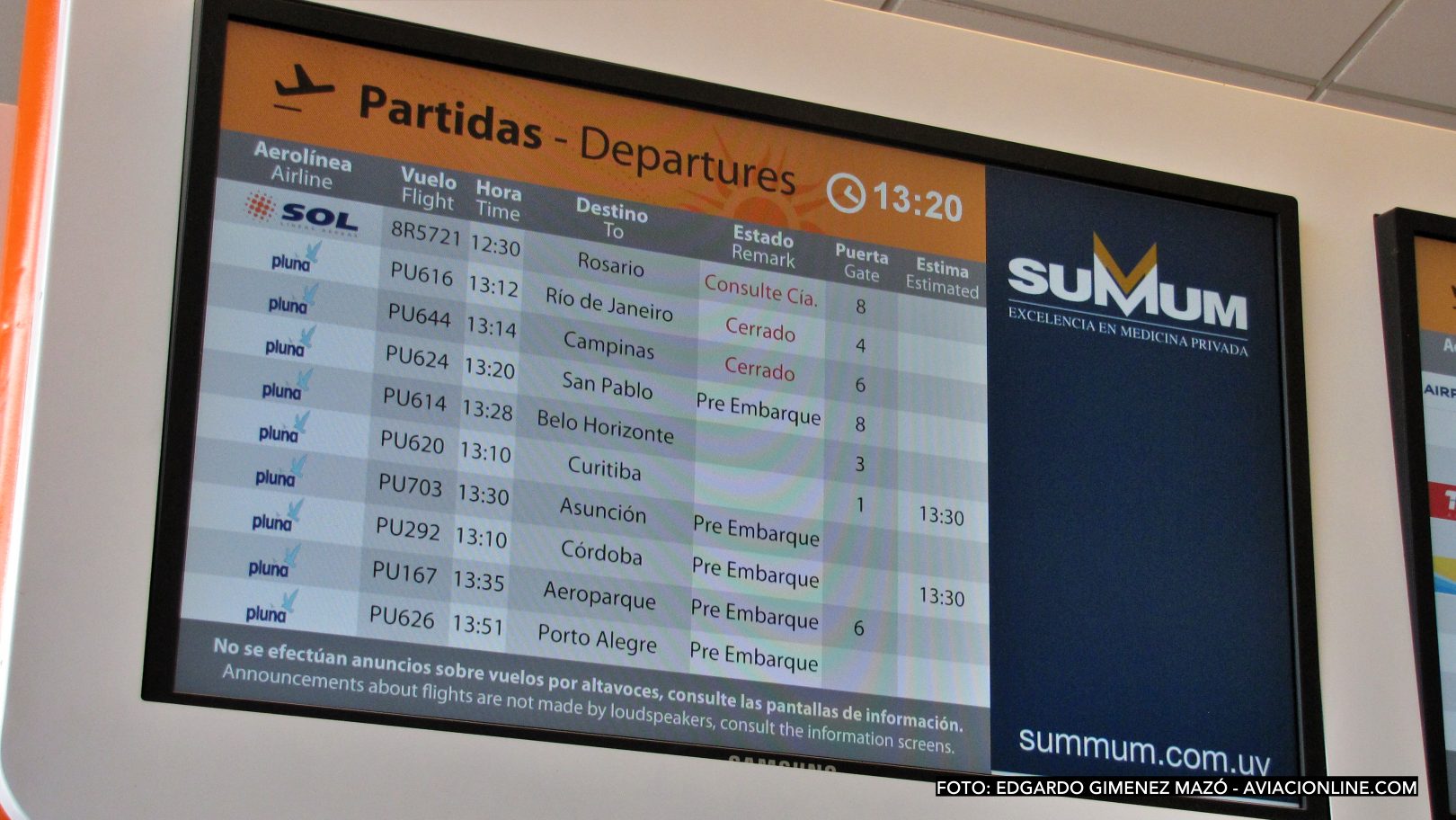Uruguay Faces $80 Million Ruling for PLUNA Shutdown
The ICSID (International Centre for Settlement of Investment Disputes) ruled against Uruguay and ordered it to pay around 80 million dollars (considering the original amount of USD 30 million plus interest, according to the Montevideo newspaper El Observador) for being responsible for the closure of PLUNA in 2012. Additionally, the ICSID determined that Uruguay must pay 500 thousand dollars for each month of delay in paying the sentence.
The lawsuit had been filed in 2019 by Caballero Verde, a Panamanian holding company that had acquired Latin American Regional Aviation Holding (LARAH), which in turn owned 75% of Pluna through Leadgate Investment at the time of closure, arguing that the Uruguayan state’s decision to nationalize and liquidate Pluna harmed its interests and was not the result of any irregular actions by the shareholders, as officials from the government of José «Pepe» Mujica, who were pointed out by some sectors as the main political responsible for the closure of the historic airline to favor other interests, tried to justify at the time.
Since Leadgate took over Pluna in 2007, which came from a long history after being privatized and falling into the hands of the failed VARIG, the company initiated a modernization process that led it to migrate to a low-cost model, incorporate up to 13 CRJ-900 aircraft, and establish a hub at Carrasco airport to connect cities in the Southern Cone such as Buenos Aires, Campinas, Córdoba, Florianópolis, Foz do Iguaçu, Santiago de Chile, Asunción, Belo Horizonte, Curitiba, Brasilia, and Porto Alegre. This allowed it to reach record passenger traffic figures, with a level of performance never before seen in Uruguay.

But in 2012, Mujica’s government, alleging mismanagement by the Leadgate executives (which never proceeded legally), proceeded to nationalize 100% of Pluna, then liquidated it and created a new company called Alas Uruguay that only operated between 2015 and 2016.

/https://aviacionlinecdn.eleco.com.ar/media/2024/02/PLUNA-CRJ-MONTEVIDEO-URUGUAY.jpg)
Para comentar, debés estar registradoPor favor, iniciá sesión